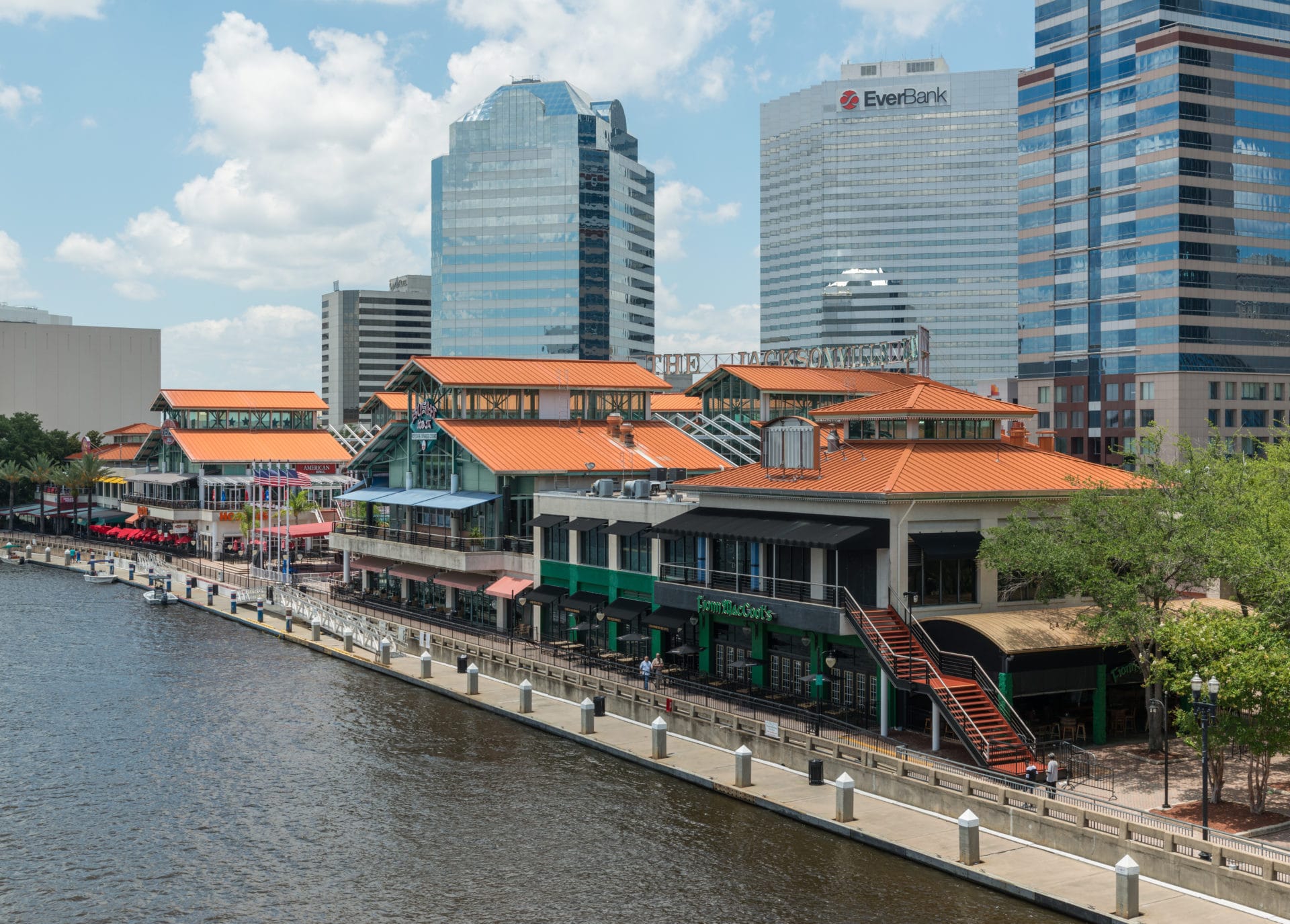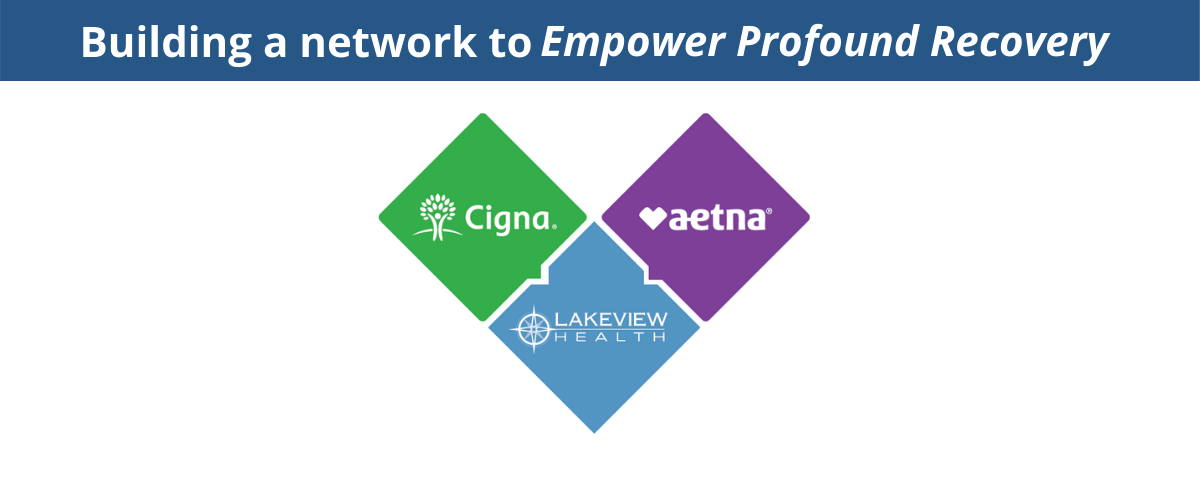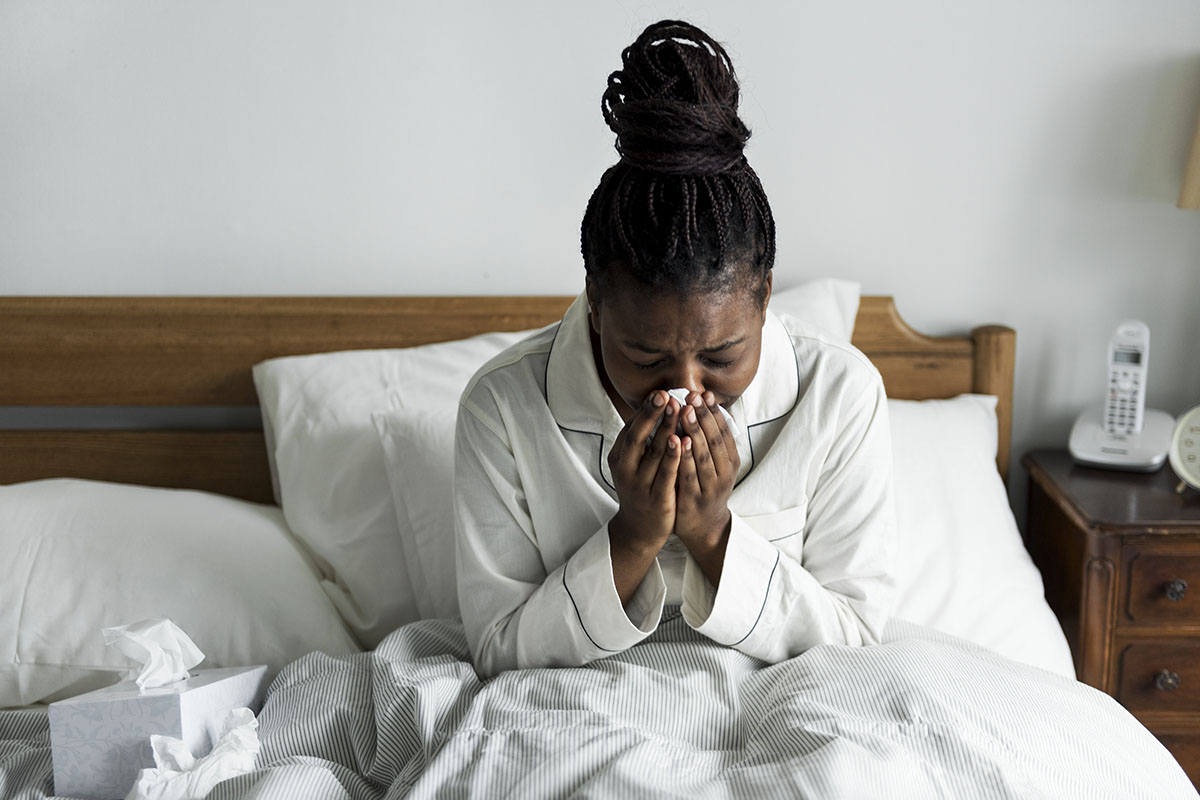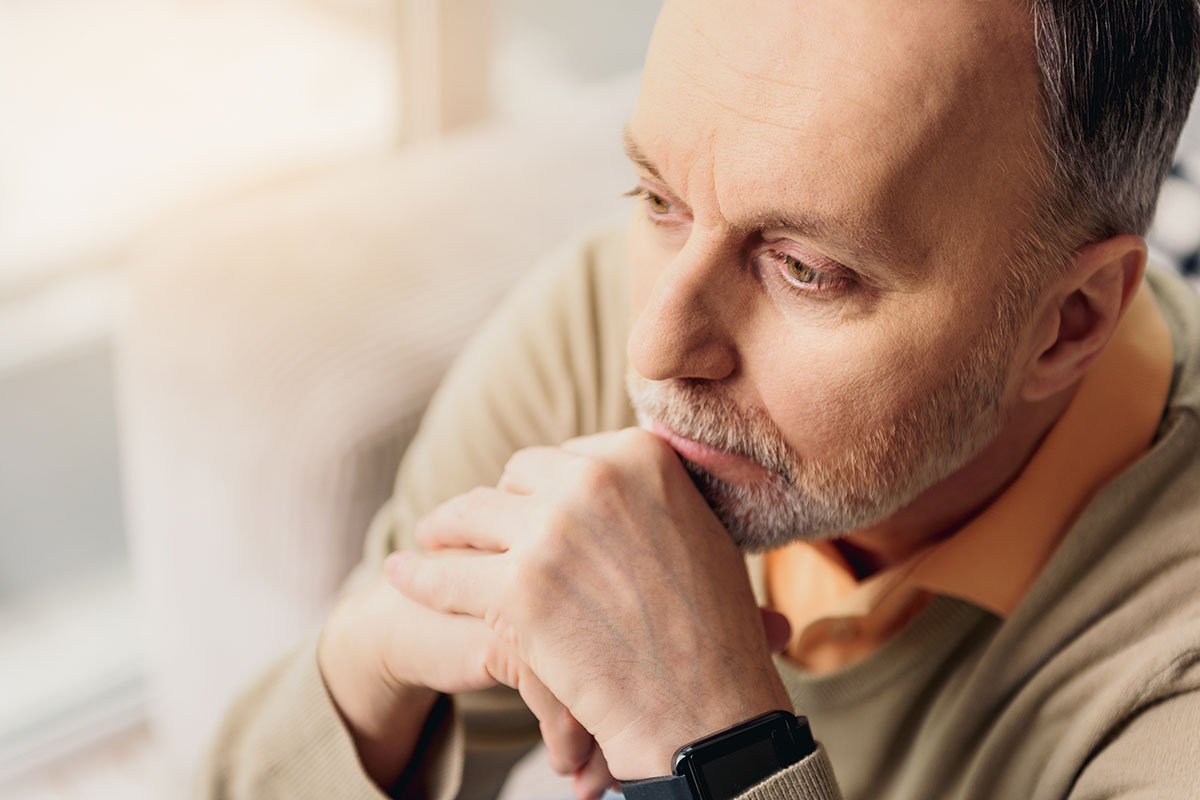

By: Lakeview Health
New Pilot Program to Reduce Opioid Deaths in Jacksonville
By Michael Rass
Fact: Every day, an average of 12 people overdose on heroin or similar drugs in Jacksonville, Florida.
The Jacksonville Fire and Rescue Department (JFRD) tracks overdose emergency calls. JFRD says in 2015, they had 2,114 overdose victims. In 2016, that number jumped to 3,411, a 61 percent increase in just one year. The addiction crisis is affecting all sectors of society, transcending race, age, and gender. JFRD data shows that overdose victims are men, women, white, black, poor, middle class, wealthy, young, and old. “This is sucking the life out of us,” the chief medical examiner covering Northeast Florida, Dr. Valerie Rao, told News4jax.com. Every week, more bodies of people killed by opioids arrive at her office. 2015 saw 201 drug overdose deaths. In 2016, that number more than doubled to 464. A new program is now supposed to help reduce the city’s opioid overdose epidemic. According to Jacksonville.com, “It is the only program of its kind in Florida—and those involved in its creation gleaned ideas from working models throughout the country.” Through early intervention and wrap-around services, the program aims to reduce overdoses, deaths, and recidivism, according to Raymond Pomm, medical director at Gateway Community Services and River Region Human Services. St. Vincent’s Medical Center Riverside Medical Center Riverside partnered with Gateway and River Region to put the plan in place. After the program launches, those who overdose within St. Vincent’s coverage area will be offered the opportunity to join the new program. The pilot takes aim at a common problem. Many people who appear in hospital emergency departments after a drug overdose refuse to go into addiction treatment. They are quickly released, sometimes against medical advice, and go back to using drugs and alcohol, often within hours. To get more patients into treatment, a peer recovery specialist will get in touch with substance use disorder patients or their family. After the patient is stabilized in the ER, the recovery specialist will discuss available treatment options: medical detox and possibly medicine-assisted treatment, residential inpatient treatment, and outpatient services. The specialist could even drive them to available rehab facilities. The point is to avoid allowing the drug user the chance to relapse, Pomm told Jacksonville.com. Hopefully, that way more people with addictions can be persuaded to seek treatment and go into long-term recovery. One high-quality treatment option in Jacksonville is Lakeview Health. Founded in 2001, the addiction specialist offers an integrative health approach that addresses the medical, psychological, physical, and spiritual aspects of recovery. Lakeview’s gender-responsive programs provide therapy to women and men independently. They provide a continuum of care, allowing patients with addiction and co-occurring mental health disorders to move successfully toward a life in recovery. The pilot program is expected to be operational by October. After the six-month test period ends, it could be implemented across all of Jacksonville’s emergency rooms.






